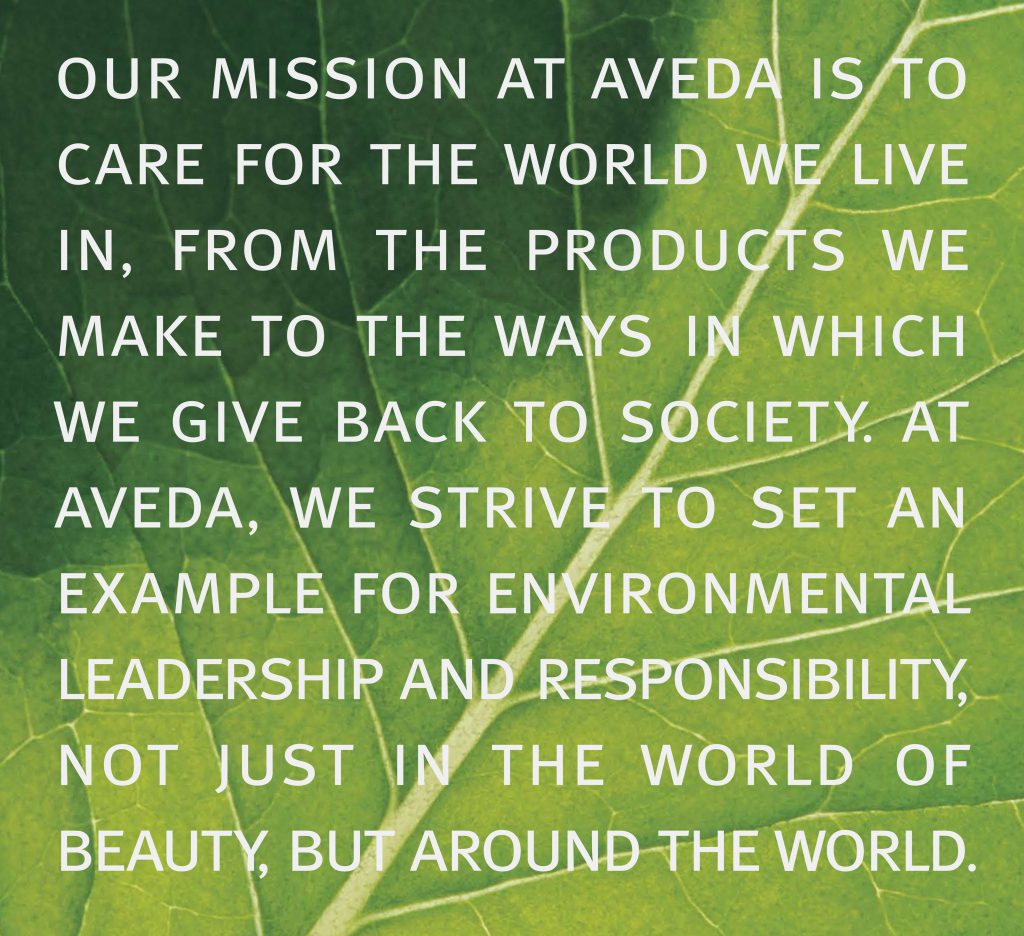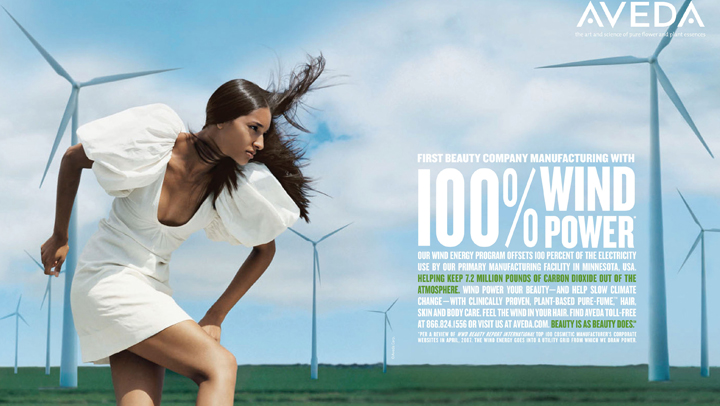
Are Aveda Products as Safe and Natural as They Claim?
Aveda is one of those brands that has long held a reputation for being pure, natural, safe and environmentally friendly. After all, Aveda brands itself as “providing beauty industry professionals with high performance, botanically based products that would be better for service providers and their guests, as well as for the planet.”
But, many people are incredibly disappointed to trust in this ‘green’ image of Aveda, only to read the ingredients on their products and realize that many contain parabens, sodium laureth sulfate, artificial fragrance, petrochemicals and other ingredients of questionable safety and origin. In fact, the majority of Aveda’s products rate no better in the Cosmetic Safety Database than products from brands like MAC Cosmetics, which makes no claims about being natural or eco-friendly.
On their ingredient guide, for example, Aveda states that “what you put on your body should be as healthy and natural as what you put in it”. It then lists dozens of natural ingredients like avocado, flax, neroli, seaweed and tourmaline with nary a mention of the ingredients contained within their products that don’t fit this standard.
Aveda has rightfully earned their reputation as stewards of the environment, as they’re one of the biggest brands to do so much work raising awareness about causes like recycling, pollution and the responsible sourcing of raw materials. Aveda takes great care to ensure that when they purchase exotic ingredients like Lippia from Brazil, they’re giving back to the community and encouraging sustainability. They’re also the first beauty company to run on 100% wind power, and an industry leader in responsible packaging. Aveda has a lot to be proud of.
Stacy Malkan of the Skin Deep Cosmetic Safety Database says that for all Aveda’s efforts, they should really be focusing on safer ingredients. “A company like Aveda, with the backing of billion-dollar Estee Lauder, really ought to be at the front of the line innovating the safest products on the market,” says Malkan. “Instead, I think what we’ve seen is a trend that the major multinational beauty companies face a lot of pressure to keep costs low, and use a lot of cheap synthetic petrochemical ingredients.”
Aveda responded by stating that they’re working on changing their formulas, actively working to replace parabens with other preservatives. Aveda Spokeswoman Suzanne Dawson says they currently offer 350 products that don’t contain parabens. They’re also seeking organic certification for more of their ingredients. Until recently, the company contended that parabens were safe (the FDA deems them so, but they also lets high levels of phthalates, BPA and lead slip under the radar, so can they really be trusted?).
We’ve certainly come a long way since women smeared products all over their bodies without a moment’s thought of what was in them. We’re demanding safer, better, more natural, more responsible – and that’s the key. If companies don’t see a good reason to change, they won’t. But if consumers come together to say “we deserve better than this”, the companies will listen.
I recently wrote to Aveda asking that they continue improving their products and practices, to truly live up to their reputation. You should, too – and do the same for any other ‘natural’ company you like that still uses questionable ingredients.
Read all about Aveda’s standards and practices at the Aveda website.







